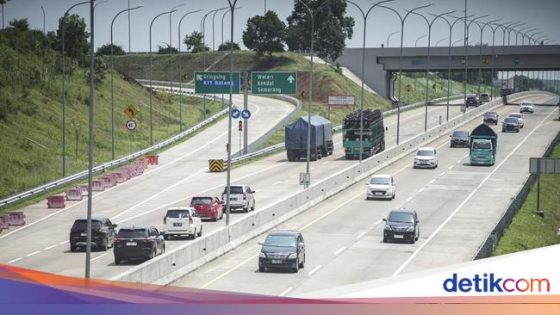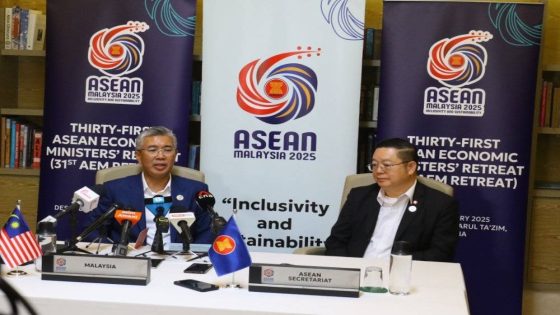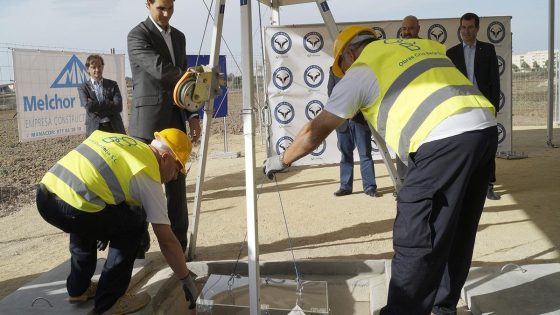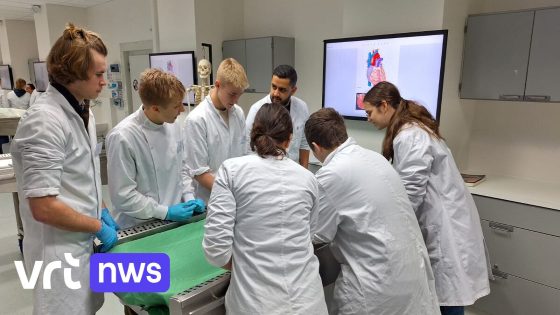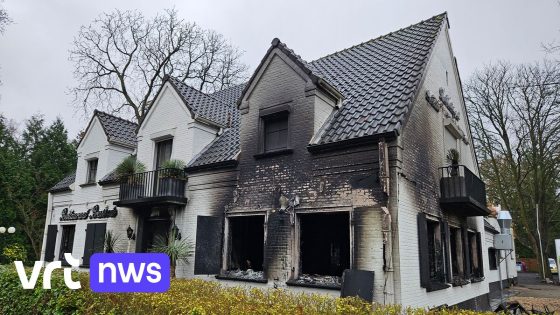The construction of the Trans Java Toll Road is progressing rapidly, with the Probolinggo-Banyuwangi segment being a key focus. As of January 26, 2025, this 176.40 km stretch is crucial for connecting Merak to Banyuwangi, enhancing travel and trade across Java. Are you curious about the latest updates on this national project?
- Trans Jawa Toll Road is incomplete.
- Probolinggo-Banyuwangi toll spans 176.40 km.
- Construction divided into two phases.
- Phase 1 progress at 15.01% completion.
- Phase 2 construction starts post-2025.
- Total investment approximately Rp 23.39 trillion.
Key Updates on the Probolinggo-Banyuwangi Toll Road Construction Progress
How is the construction of the Probolinggo-Banyuwangi toll road shaping up? This project is not just about building roads; it’s about boosting the economy and making travel easier for everyone. The ongoing work is divided into two phases, with the first phase already underway.
Understanding the Phases of the Probolinggo-Banyuwangi Toll Road
The toll road is divided into two main phases. The first phase, from Gending to Banyuwangi, covers 49.7 km and is currently in progress. The second phase, which extends from Besuki to Banyuwangi, is yet to start. Here’s a breakdown of the phases:
Phase One: Current Progress and Timeline
The first phase includes several sections with varying progress levels:
- Seksi 1 (Gending-Kraksaan): 100% land acquisition, 15.01% construction.
- Seksi 2 (Kraksaan-Paiton): 97.4% land acquisition, 69.6% construction.
- Seksi 3 (Paiton-Besuki): Two packages, with the first at 100% land acquisition and 56.1% construction.
Phase Two: Future Developments and Expectations
The second phase, which spans 126.72 km, is crucial for completing the toll road. It includes several sections, such as:
- Seksi 4 (Besuki-Situbondo): 43.30 km.
- Seksi 5 (Situbondo-Asembagus): 16.76 km.
- Seksi 6 (Asembagus-Bajulmati): 37.45 km.
- Seksi 7 (Bajulmati-Banyuwangi/Ketapang): 29.21 km.
In conclusion, the Probolinggo-Banyuwangi toll road is a vital project for Indonesia, enhancing connectivity and economic growth. As construction progresses, it will play a significant role in the future of travel and trade across Java.



